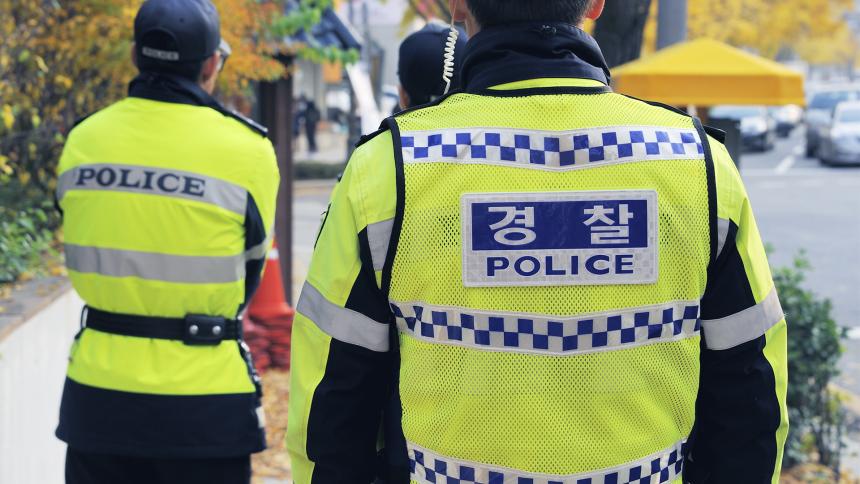
Mudjima Stabbings: The random attacks sweeping South Korea
South Korea is seen as one of the safest countries in the world. However, recent ‘Mudjima’ stabbings have left residents in fear for their lives and have put a spotlight on inequality and mental illness stigma in the country.
The Mudjima crimes, which translate to ‘don’t ask why’, are brutal acts of violence carried out on random strangers, who have no personal connection to the perpetrator and are not driven by any obvious motive.
Whilst these senseless crimes have been called Mudjima for years, the recent surge in incidents has led South Korean police to designate Mudjima attacks as a separate category named ‘Abnormal Motive Crimes’.
With 18 acts of Mudjima occurring in the first half of 2023, there has been much focus on what has led to this increase, with mental illness and societal issues being pushed to the forefront of discussion.
In 2017, one in four South Koreans were reported to have a mental illness. However, only one in ten received treatment. Despite this health crisis, the topic surrounding mental illness is still seen as taboo. Alongside mental health, the country’s housing crisis and the soaring unemployment rates are also being addressed.
Sillim Station Stabbing
As commuters were making their way to work on 21st July 2023, 33-year-old Cho Seon launched a frenzied knife attack close to the Sillim subway station in Seoul. A 22-year-old man was fatally stabbed 18 times while three other men in their 30s were also attacked.
The investigation has shed light on the chilling details behind this latest crime. Before the attack, Cho had stolen two knives. He also wiped his mobile phone and destroyed his computer to erase all evidence.
According to the prosecution and psychological reports, Cho complained of economic struggles, family breakdown, heartbreak and social maladjustment. The killer then began to live a reclusive life and immersed himself in gaming and online communities. When questioned by police, Cho stated that he lived a miserable life and ‘wanted to make others miserable too’.
Cho Seon has been charged with multiple crimes, including attempted murder, fraud, murder, and theft.
Bundang Knife Attack
Nearly two weeks after Cho’s rampage, another knife attack in the country left residents once again afraid to go outside.
On the evening of 3rd August, Choi Won-jong, 22, stole his father’s car and drove into pedestrians on the sidewalk near a shopping mall in Bundang, close to Seoyeon station. Armed with a bladed weapon, Cho made his way into the shopping centre, where CCTV captured the attacker stalking the mall’s floors before lunging at terrified shoppers and stabbing nine. One person died during Choi’s rampage, with 14 left injured.
According to reports, Choi was a high school dropout who worked as a local delivery driver and had been diagnosed with schizoid personality disorder. The killer stated that a group of stalkers wanted to harm him and the victims of his rampage belonged to the group.
A digital analysis of Choi’s mobile phone and computer found ‘stalking’ and ‘gang’ were regularly searched. The police also discovered that Choi had researched Cho’s attack, but the crime has not yet been classed as a copycat.
Choi Won-jong is currently facing attempted murder and murder charges.
Copycat Crimes
As fear is growing among residents in South Korea following the back-to-back Mudjima stabbings, the authorities have been on red alert to stop more of these deadly attacks from happening.
In the aftermath of Choi’s attack in Bundang, the police stated that they have opened investigations into 46 people who have made threats to kill online. Threats to commit copycat crimes have been prolific, on websites such as the leading Korean internet forum DC Inside and X (formally known as Twitter).
One suspect, who lived in Seoul and threatened to kill people in the south of the capital, has been referred to the prosecution. In the city of Busan, another suspect has been handed over to the military police.
A dedicated team has been set up by the police to deal with threats made online, to cover every angle and to avoid further tragedies.









